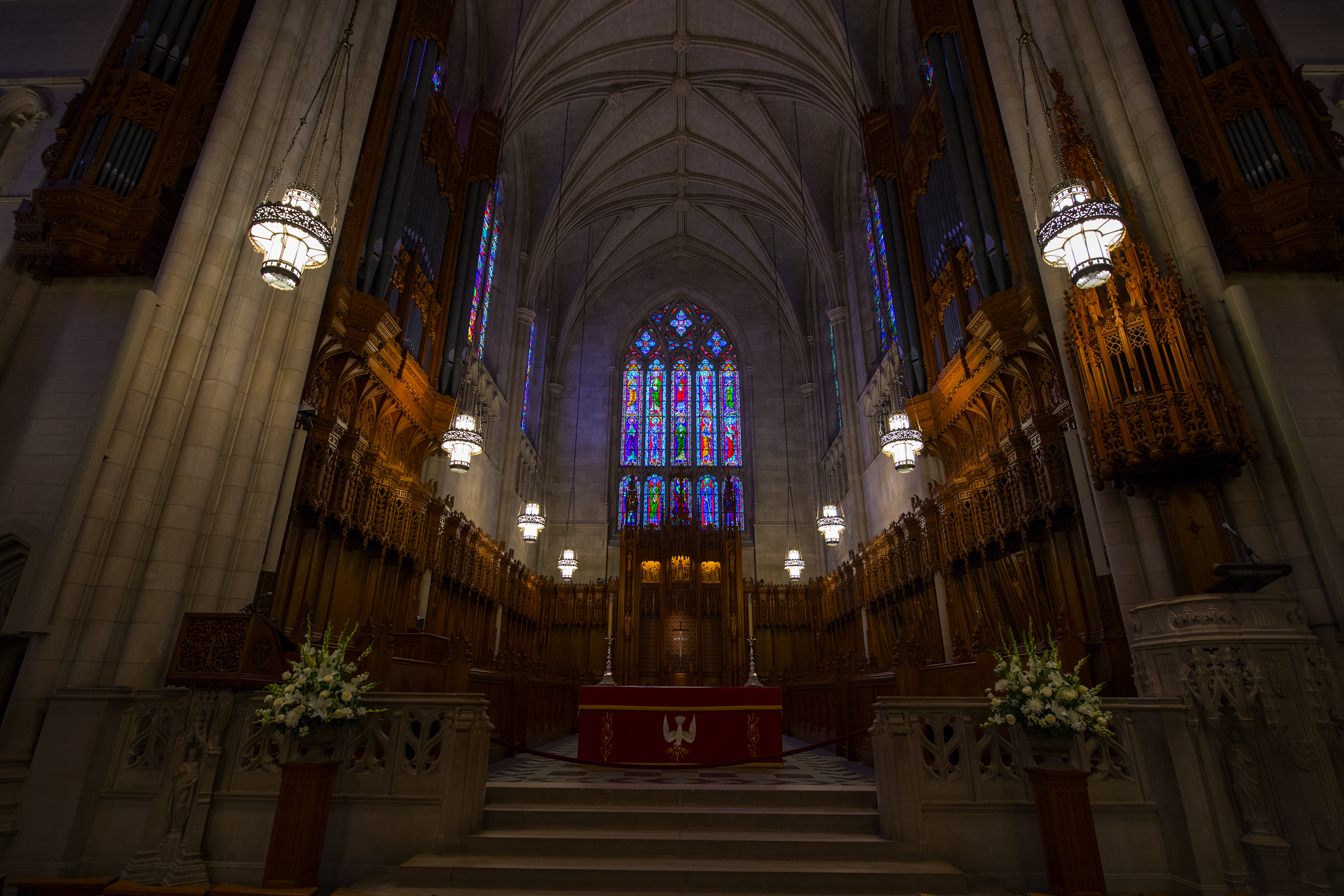
Source: © Arvind Balaraman / Getty
Places of worship are considered spaces of salvation and refuge for a variety of reasons. But since the election of President Donald Trump, the protective nature of these institutions has taken on new meaning for those who are undocumented.
Juana Tobar Ortega, a grandmother who has lived in the United States for nearly 25 years, recently moved into a small room in North Carolina’s St. Barnabas Episcopal Church this past week.
In an interview with NBC News, Ortega said she “felt desperate” when she was told that she had to leave the country by May 31. During a check-in with immigration and Customs Enforcement (ICE) in April, she was given an ankle monitor and to prepare to leave her home.
When the native Guatemalan approached the church for refuge, the Rev. Randall Keeney said that the church vestry voted “unanimously” to welcome her.
“We’re talking about people’s lives, entire families’ lives here,” he said. “I think there needs to be some degree of discretion used in this matter.”
Ortega came to the United States in 1993, fleeing a civil war in her home country. Her efforts to obtain legal asylum failed and her situation worsened when she left and re-entered the U.S. in 1999, without permission, in order to take care of her severely ill daughter.
ICE Spokesman Bryan Cox said in a statement that Ortega lost her case before the creation of federal immigration courts existed in 1998 and was lost again in 2001 when she appealed. That year, she was given “voluntary departure,” which allows an undocumented immigrant to leave the country on their own within a certain time frame. However since she failed to do so, Cox said she’s subject to a final order of removal.
Other undocumented people have sought refuge in churches since the election of Trump, who has made no secret of his plans to send them back to their home countries. This can be credited in part to ICE policy, which reads that enforcement actions should be avoided at “sensitive locations” such as houses of worship and schools, without prior approval or “exigent circumstances necessitating immediate action.”
“She’s part of our family now, and we’re going to take care of her and protect her as best as we can,” Rev. Keeney said. “If ICE comes, we will do the best we can nonviolently to resist that.”
















